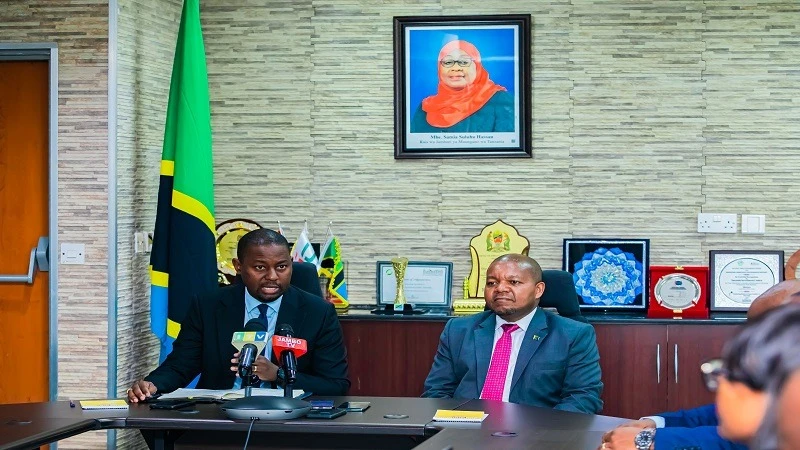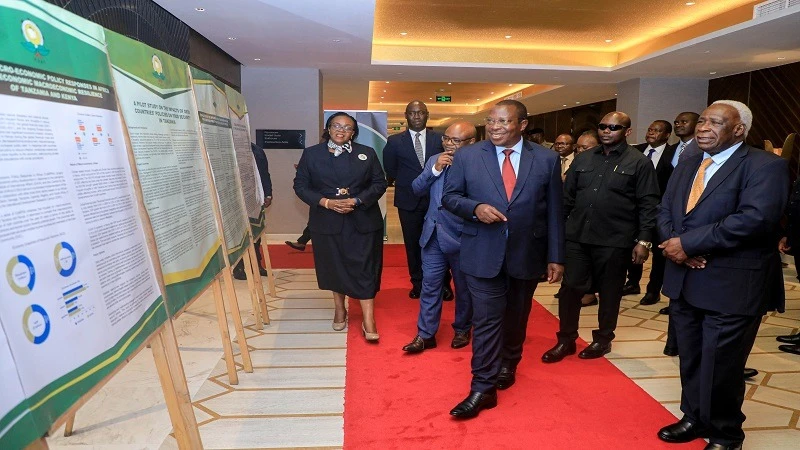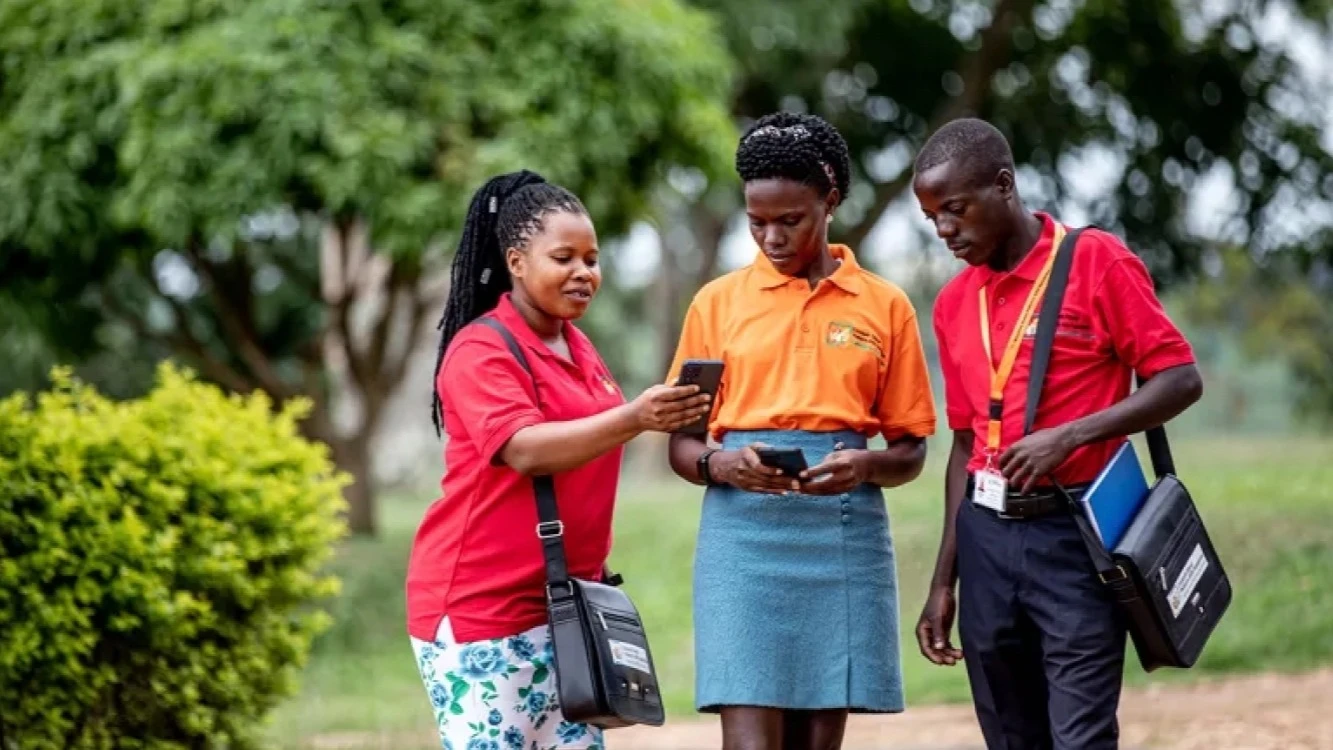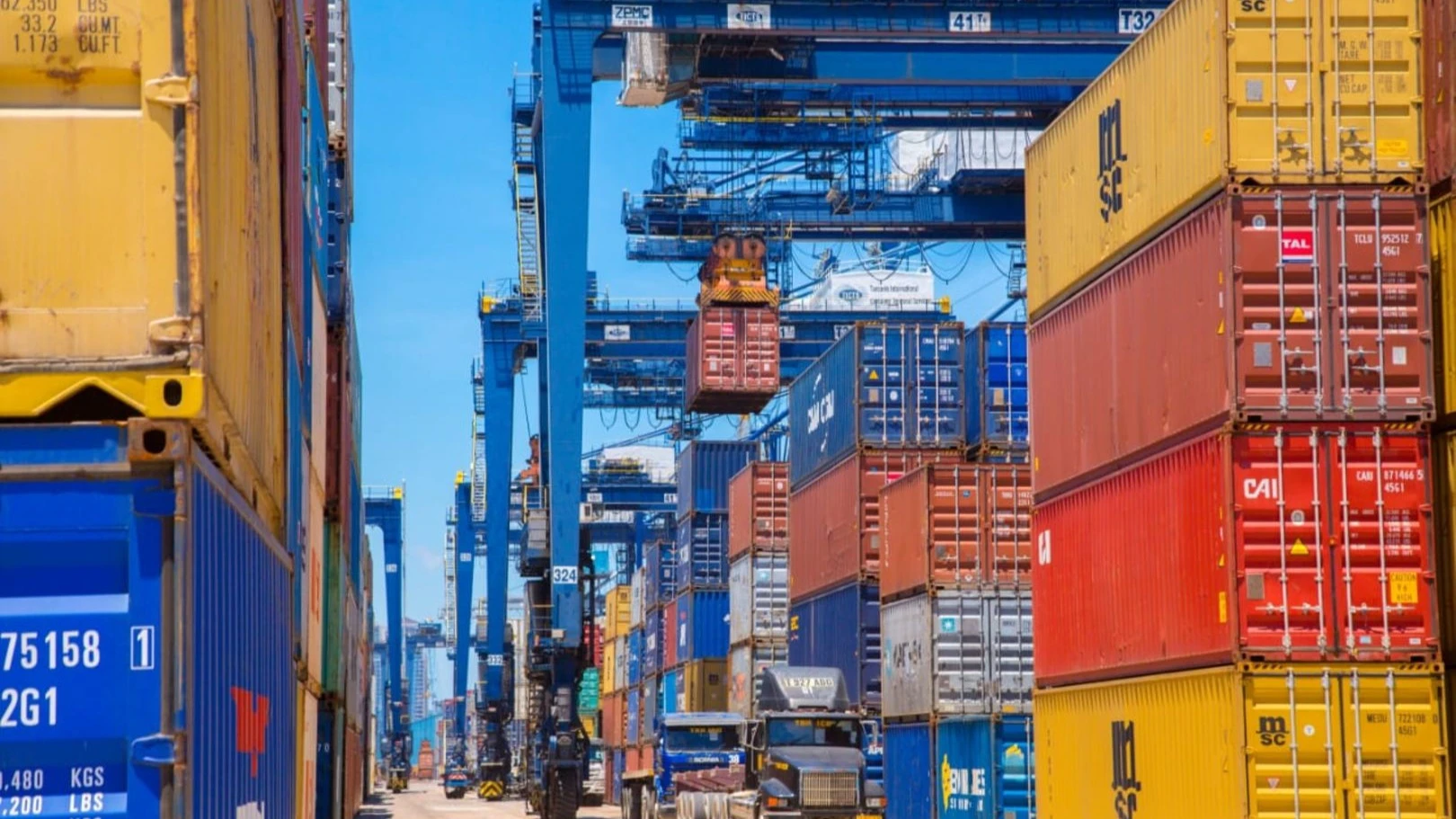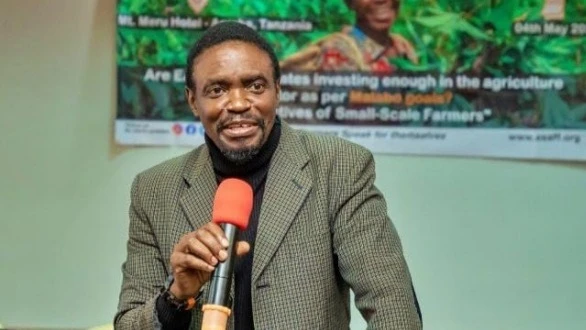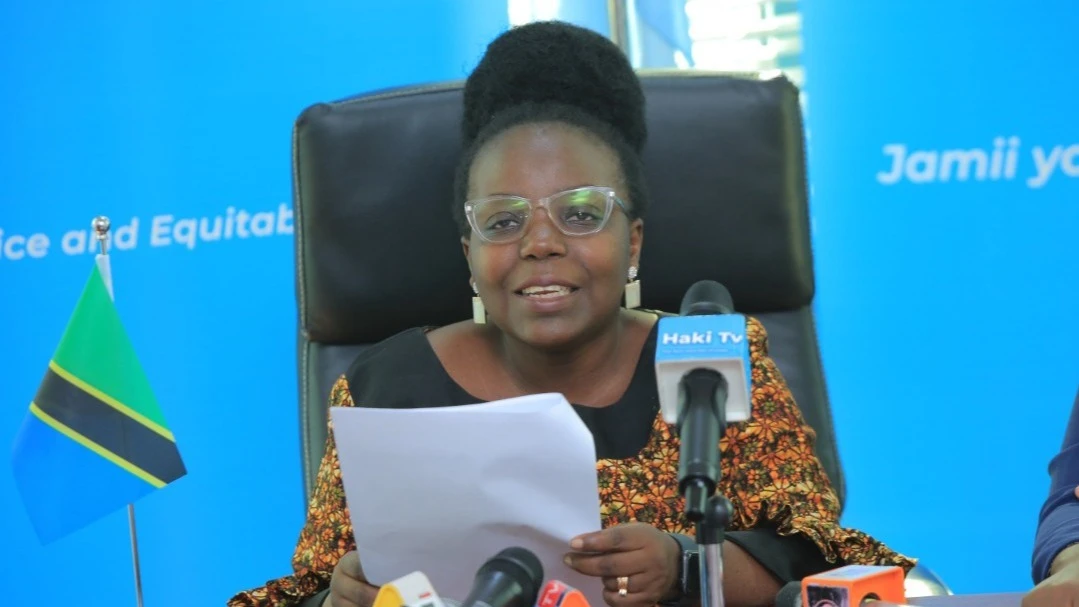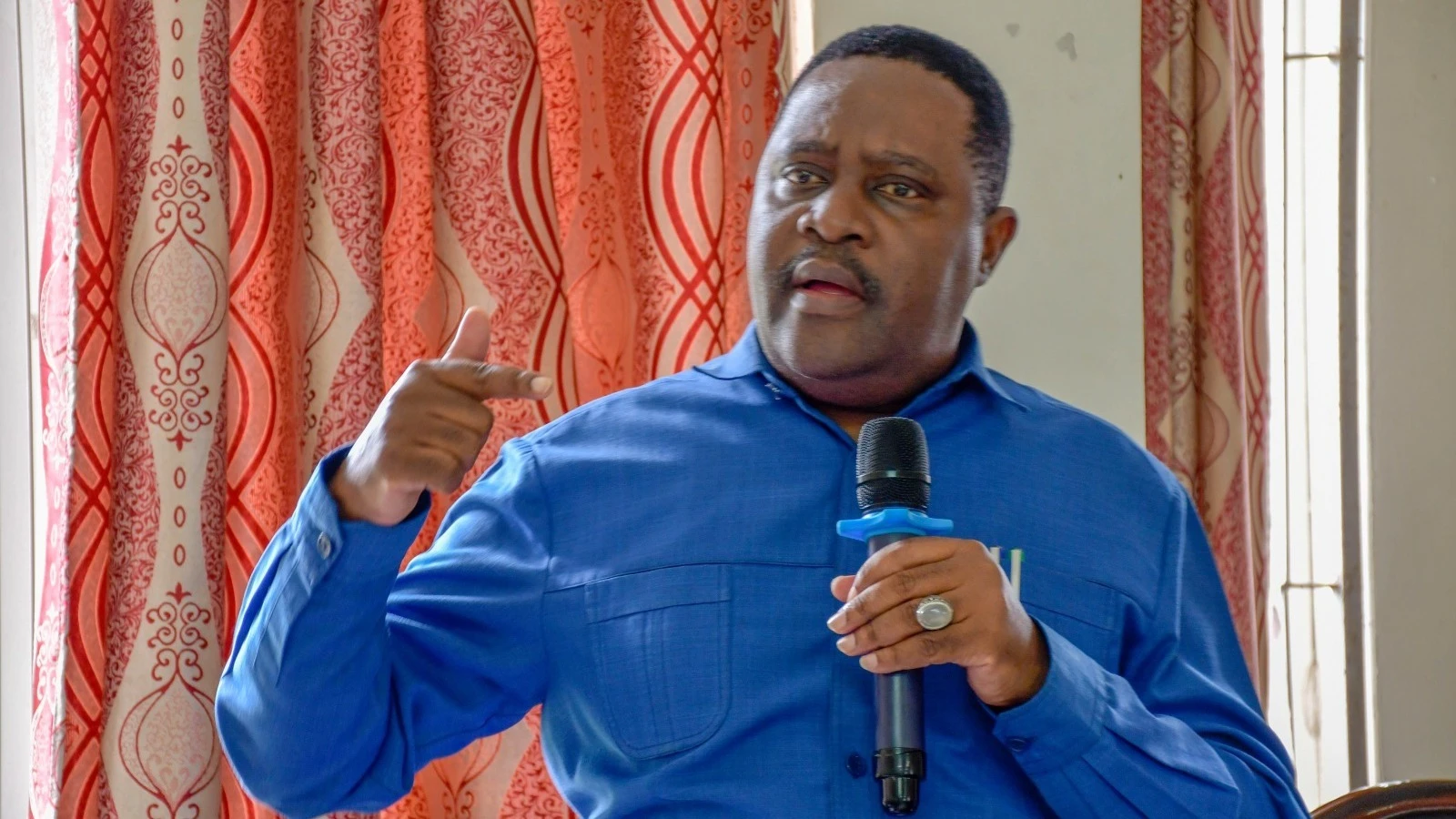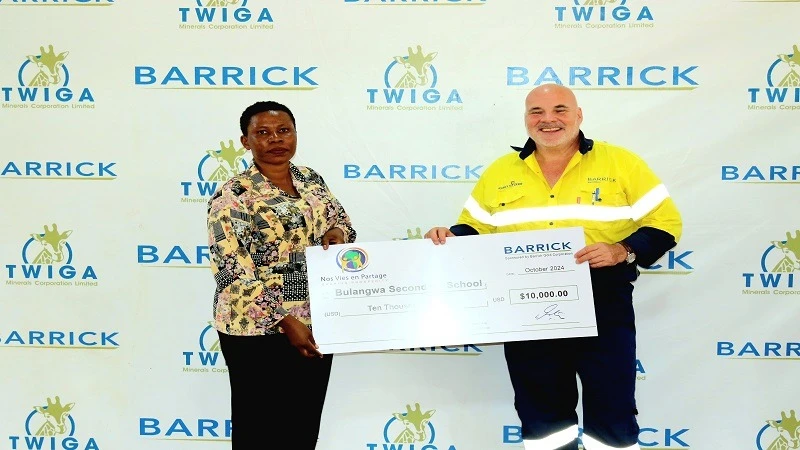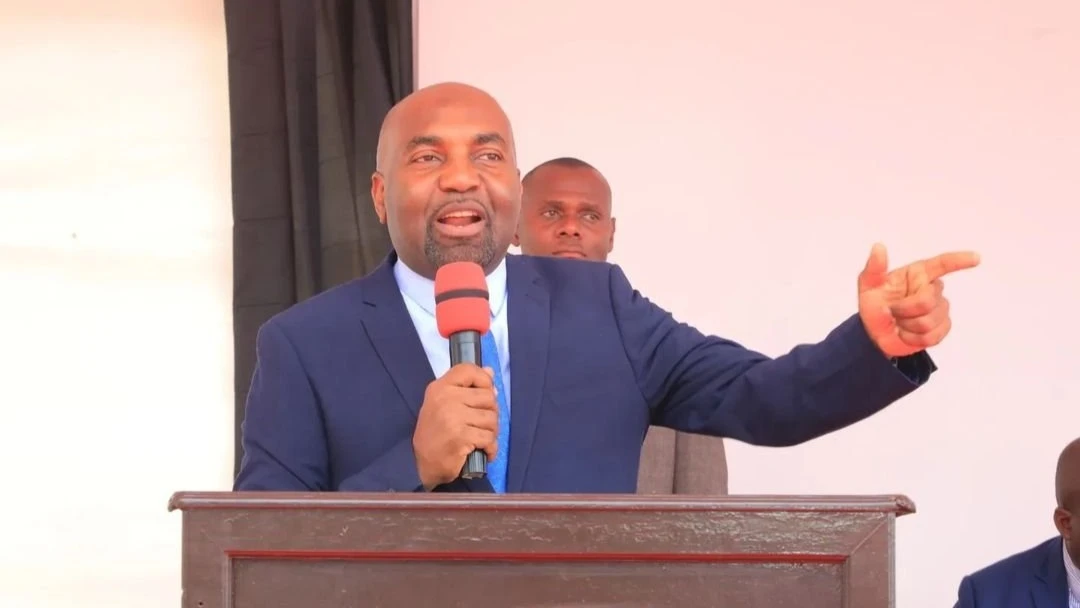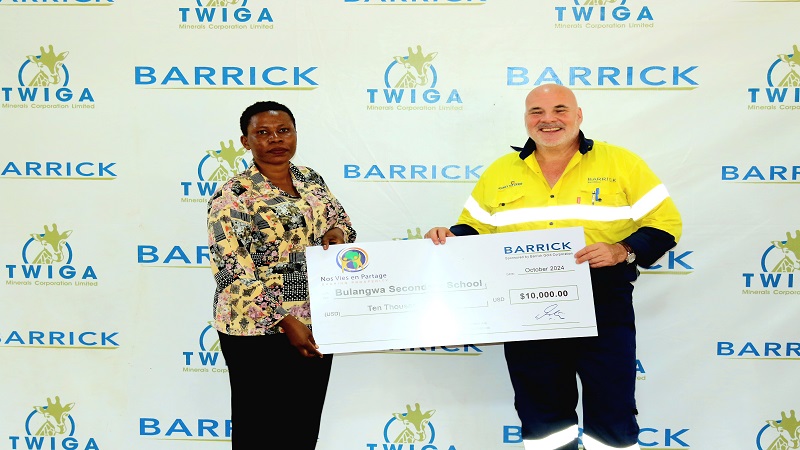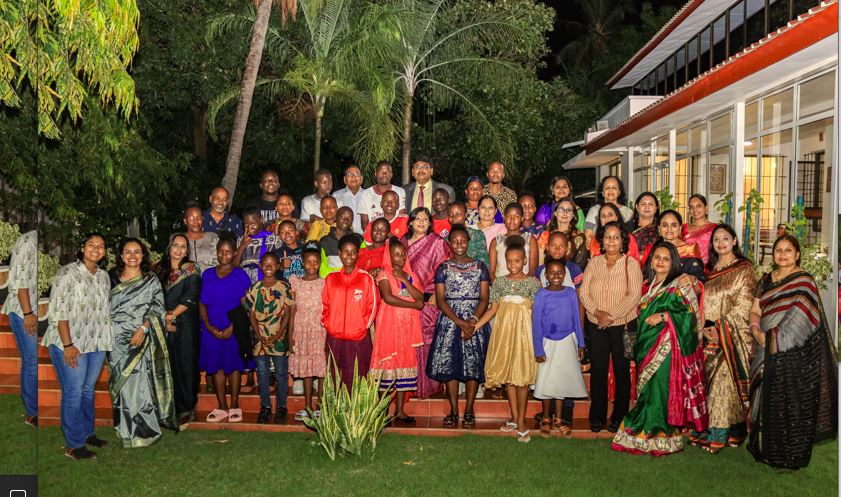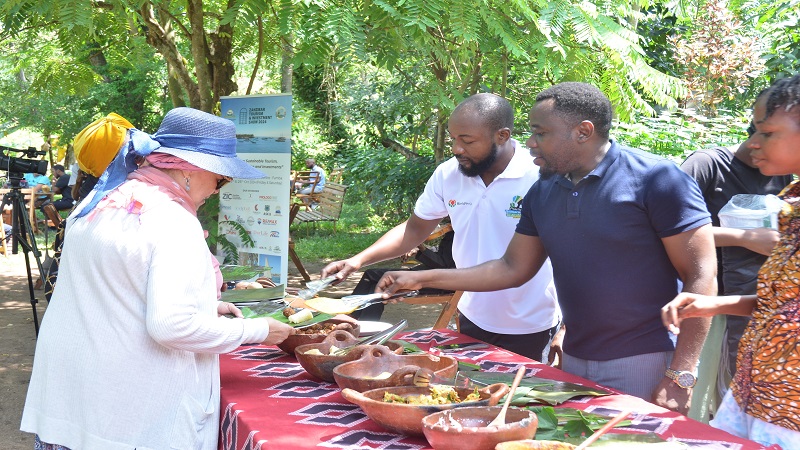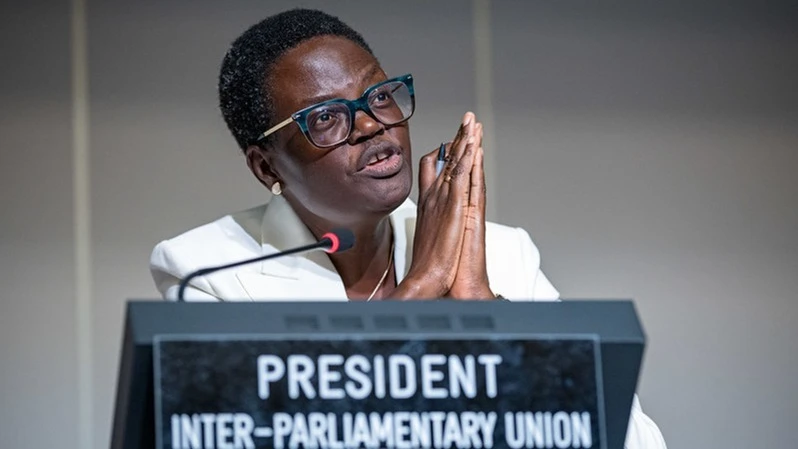‘Public participation in forest conservation helps to promote sustainable development’
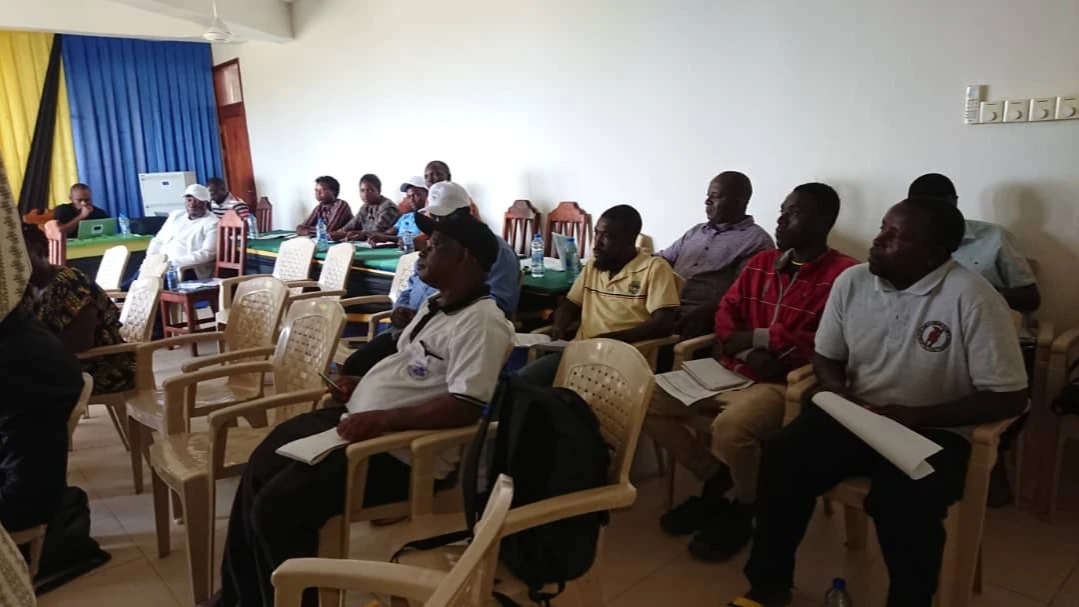
ENGAGING communities in forest conservation and management can create significant positive changes in village land forest reserves. It helps prevent deforestation, protects forests and preserves species that rely on them.
Involving people in forest conservation also promotes sustainable development and biodiversity conservation while safeguarding forests from depletion.
As part of measures to curb deforestation, Pangani District in Tanga Region has introduced special training programmes aimed at educating communities on community-based forest management and sustainable charcoal production.
The programmes which are supported by the European Union (EU) target village councils, village natural resources committee members, sustainable charcoal producers and experts from the district.
Presenting the Integrated Forest Biomass Energy Solutions for Tanzania (IFBEST) project report to journalists and stakeholders in Tanga Region recently, Twairu Mkongo, the District Natural Resources and Environmental Officer, said that EU has invested 5.4bn/- through the Ministry of Finance to enable the Tanzania Community Forest Conservation Network (MJUMITA) to implement the IFBEST project in Pangani, Kilindi, and Handeni districts.
Under the project, village councils, sustainable charcoal producers, village natural resource committee members and members of Village Savings and Loans Associations (VSLAs) have been trained on improved charcoal production techniques, entrepreneurship skills as well as how to establish VSLAs in Mseko village.
Participants also learned how to use Geographic Information Systems (GIS), how to measure trees and formulate harvesting plans of forest products.
The district council has successfully raised community awareness on forest governance, sustainable land management and the importance of conserving forest resources. Training also included conflict resolution between farmers and livestock keepers and the development of forest management plans for Community-Based Forest Management (CBFM) at local level.
Mkongo highlighted that awareness campaigns were conducted at both village and hamlet levels, and as a result, beneficiaries of the training have been able to establish VSLAs and receive further training on how to manage them.
Mseko village has also formulated a forest management plan, harvesting plan and by-laws for forest management activities, which are awaiting district approval.
However, Pangani District with funding from EU has trained district officials, including planning officer, community development officer, natural resources officer, and others on good governance, gender issues, joint forest management, participatory forest resource assessment, and coexistence with herders.
The District Environmental Officer, Daudi Mlahagwa, praised Tanzania Forest Conservation Group (TFCG) and Community Forest Conservation Network of Tanzania (MJUMITA) for introducing the IFBEST project in Pangani District, which has helped change people’s mindsets and encourage them to conserve the Beho Village Land Forest Reserve.
Villagers are now aware that conserving forests can generate income for local development projects, he said, adding sustainable charcoal harvesting and community-based forest management have also been embraced by the villagers.
Nurseries have been established, and households are required to plant trees in their residential areas. The district now orders that anyone applying for a building permit must plant five trees to support biodiversity and reduce soil erosion.
Mlahagwa commended TFCG and MJUMITA for donating two GPS kits, laptop, printer and an office cabinet to the district council. The GPS kits will help experts identify areas of forest degradation and monitor illegal activities.
However, the district still lacks vehicles and motorcycles to conduct patrols, relying on Tanzania Forest Services Agency (TFS) for transport services.
Currently, the district has seven natural forest reserves—Kwesinge, Kibubu, Kwevinonde, Beho, Bojo, Kwatango, and Mawata. About 90 percent of households in Pangani rely on charcoal and firewood for energy, contributing to deforestation.
Mlahagwa hopes that through the IFBEST project, charcoal consumption will decrease as people adopt gas, sustainable charcoal harvesting and electricity as cooking energy. While the project has led to positive outcomes, challenges remain, particularly illegal cutting of trees for charcoal production.
Advocate Agape Fuwe of Pangani District expressed gratitude to TFCG and MJUMITA for providing essential equipment and urged local experts to make the most of the training they received to improve forest reserves and combat degradation.
Simon Lugazo, IFBEST Project Manager, reiterated the project's goal to enhance environmental sustainability through sustainable forest management and wood-fuel production in Tanga Region. Currently, the project is being implemented in eight villages across Handeni, Pangani, and Kilindi District Councils.
Top Headlines
© 2024 IPPMEDIA.COM. ALL RIGHTS RESERVED











